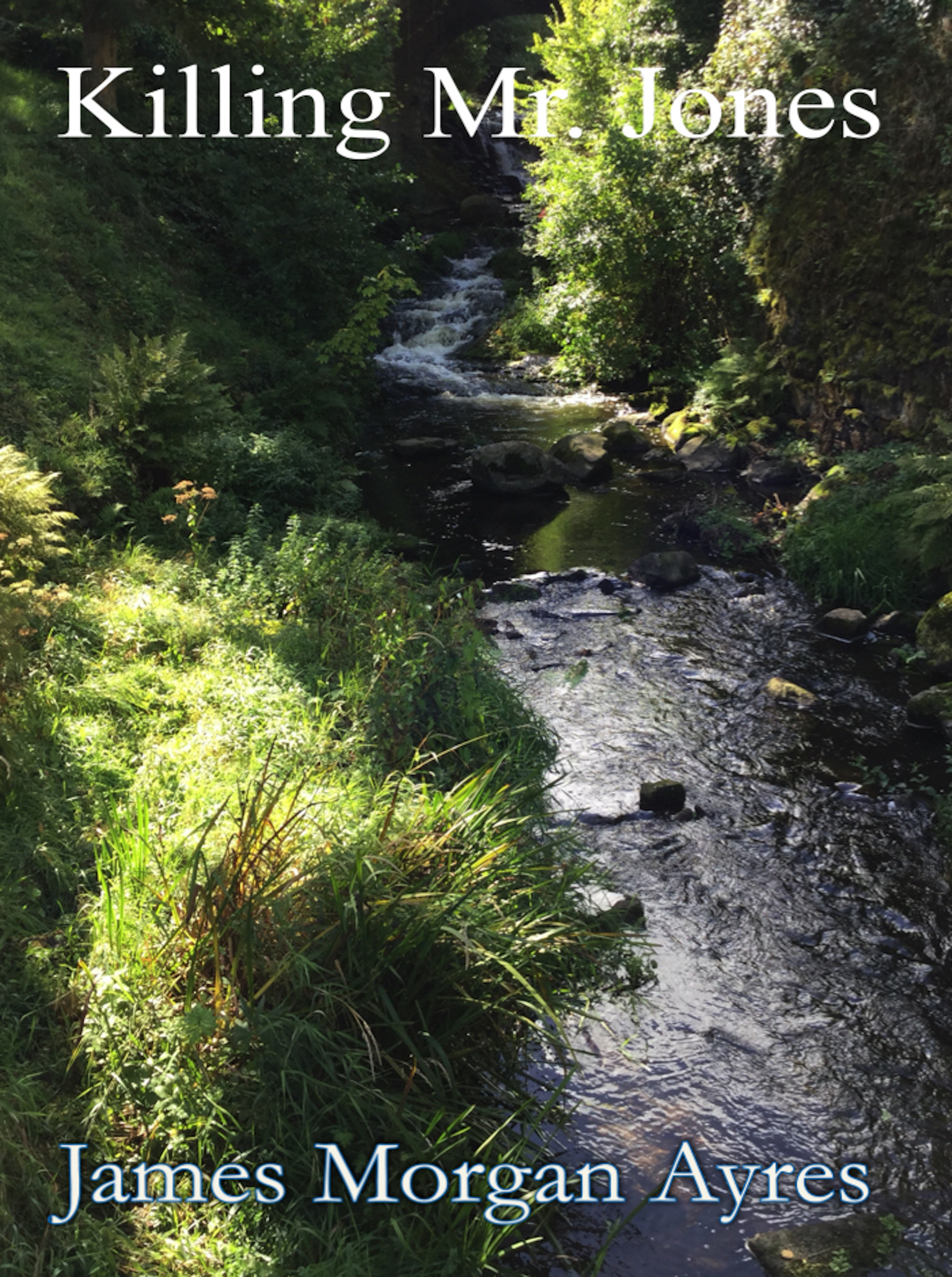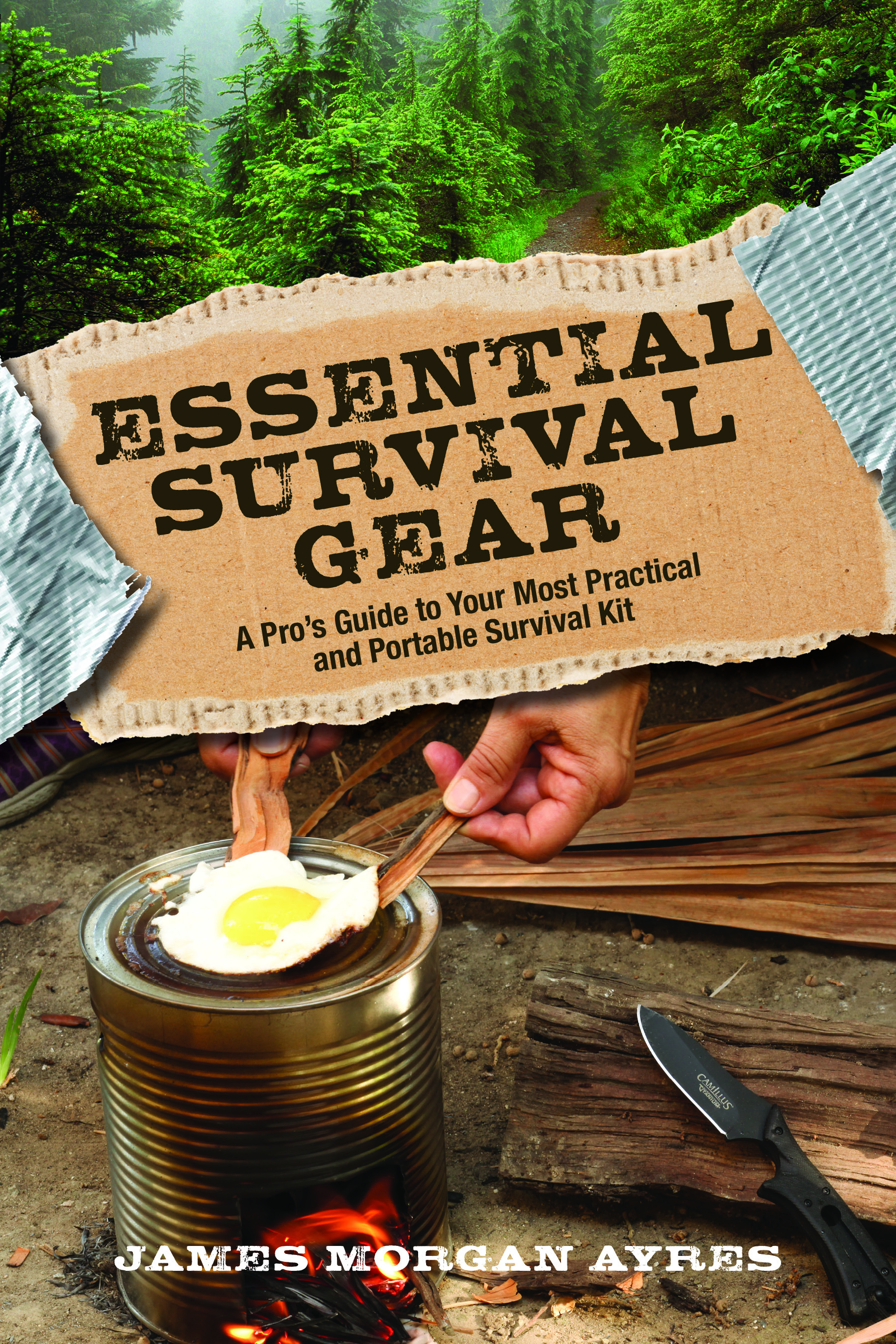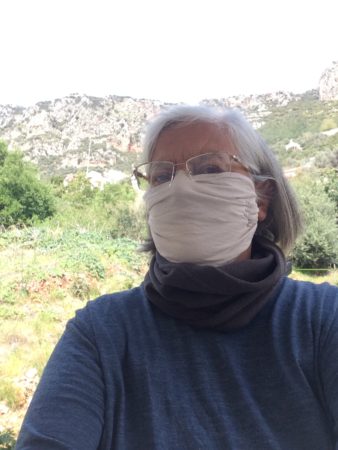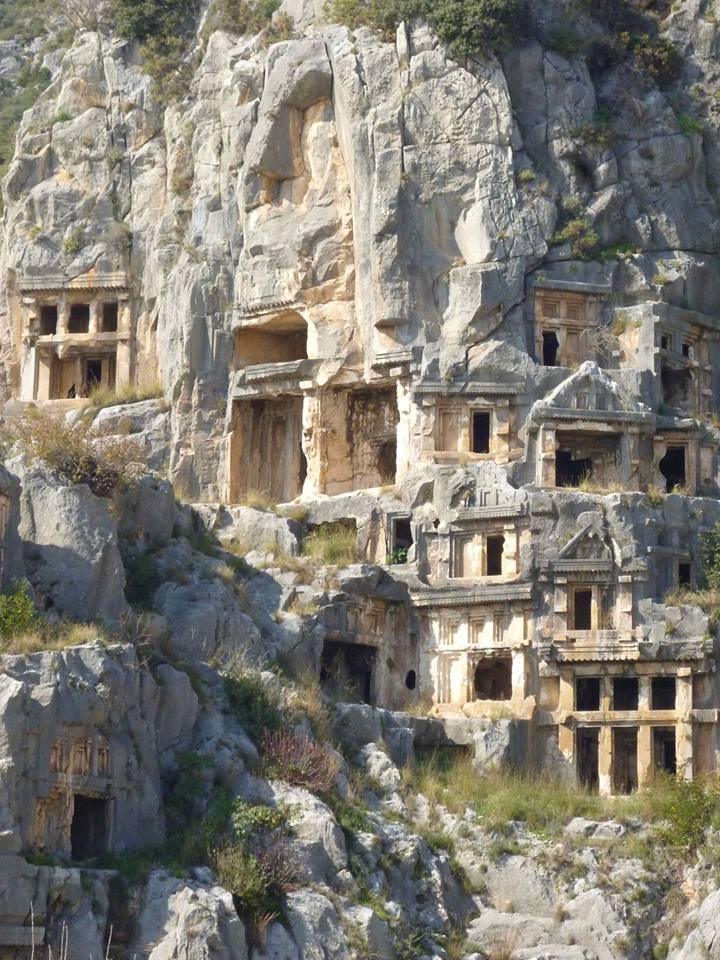The day unfolds slowly. First light at five, bird sounds, white curtains fluttering in sea breezes. The streetlights in front blink off. By six it’s full light, the sea and sky pale gray with a hint of the blue to come.
The trail starts at the foot of our street and climbs the ridge winding back and forth, angelica, rosemary and waist high palms bordering the way, the ridge terraced by low field stone walls, some very old. Then the trail straightens and leads to the lookout tower.
The tower has been partially rebuilt, new stone where the seaward wall was shot away by cannon, the foundation of stone blocks dressed and laid centuries ago when a watch was maintained to warn against the Barbary Pirates who terrorized the Mediterranean for hundreds of years, enslaving over a million people. In 1551 they killed or captured the entire population of Gozo, five thousand people, and sold the survivors into slavery, leaving the island unpopulated for twenty years until people returned under the protection of the Knights of Malta.
The day begins to warm as we return, the sea and sky now shading towards blue. No sound of car or truck can be heard. The only sounds: waves below, the crunch of our footsteps on the dirt path, far away a dog barks. In the harbor a catamaran lifts sail and drifts away for ports unknown.
We live now in an apartment open on each side. To the front a balcony and the sea. In back a large terrace and a hill covered with wild growth. With both doors open the ocean winds blow through the apartment, first through the living room, then along the hallway with doors on each side, stone block walls, the marble floor cool underfoot.
Breakfast is on the balcony: prosciutto de parma, boiled eggs, fresh figs. I work three or four hours in the cool and quiet morning. Then around eleven as the sun heats the day we walk down the hill to a café on the water and watch the swimmers and divers. A late fishing boat comes in with a small swordfish. The owner of the café bargains with the fisherman and walks away with the entire fish on a large platter, the sword protruding two feet to his side as if he had been skewered. Thirty minutes later the platter is placed on ice in a glass case, the swordfish now rows of steaks, the head attesting to their source.
The afternoon is white hot, the sea now deep blue. A lanky girl from a northern country suns herself on the rocks, her pale tummy and ta-tas turning bright red. One respects the Mediterranean sun or pays the price. A good time to stay in place in the café under wide umbrellas, sitting in shade, talking with friends who stop by the table to say hello. But there are things to do and so we drive to Victoria, the large town four miles away. We pass five or six cars on the road and then we’re into the winding streets.
The market has fresh figs today and deep green melons and bright yellow ones shaped like oversized acorns, round green squash the size of tennis balls, ribbed and smooth tomatoes small and large, a bin of multicolored broad beans, black shriveled olives and plump green olives, spiced olives and olive oil, grapes – all local produce. We walk the streets on various errands, the sun stinging a little, but still the breeze and even in town the air is clean.
We’re home by four and I settle in for a few more hours of work, all windows and doors open, the breeze dying down and now replaced by floor fans. From time to time I roll a sprig of wild lavender under my nose and remember the hill where I plucked it. At seven it’s time for a walk down by the inlet, waves splashing on rock, semi-wild neighborhood cats gathering in packs for their evening meal provided by local folks.
At home we move to the rear terrace for a glass of wine. Dinner is at eight, maybe nine, the light fading, the sea dark now. The streetlights flicker on, the honey colored buildings on our street turning golden with deep shadows. A brilliant crescent moon hangs in the air over the beach. It’s festa season and the fireworks from the village over the hill behind us sound like you might think an artillery barrage would sound, if you’re never heard an artillery barrage.
The population of Gozo is about 30,000. The island is crossed by a network of narrow roads passing farm plots and market gardens, an island of small villages and hidden shrines and arches, deep ravines, crumbling walls and pillars and one of the oldest monolithic temples yet discovered. Man has lived here for over seven thousand years, and for four thousand years has lived much as now – by the grape and the olive. We live…not out of doors, but with doors and windows open to the world, part of it, not walled in, feeling warmth of the rising sun, heat of afternoon, cool of evening, smelling the sea, the wild growth on the hills, rosemary, lavender…

 Sun, Apr 5, 2020: Killing Mr. Jones
Sun, Apr 5, 2020: Killing Mr. Jones Wed, Apr 1, 2020: On Hoarding
Wed, Apr 1, 2020: On Hoarding Mon, Mar 30, 2020: Masks Save Lives – Covid-19
Mon, Mar 30, 2020: Masks Save Lives – Covid-19 Sun, Mar 29, 2020: Visions of Apocalypse
Sun, Mar 29, 2020: Visions of Apocalypse Fri, Aug 23, 2019: Hijacked Twitter
Fri, Aug 23, 2019: Hijacked Twitter Sun, Aug 18, 2019: The Incident
Sun, Aug 18, 2019: The Incident Sat, Aug 10, 2019: Seas and Oceans Without End
Sat, Aug 10, 2019: Seas and Oceans Without End
Luscious descriptions; can feel the breezes and taste
the olives–wonderful to be able to place you two in
your Mediterranean landscape, scented with lavender,
barefoot on marble floors-RA